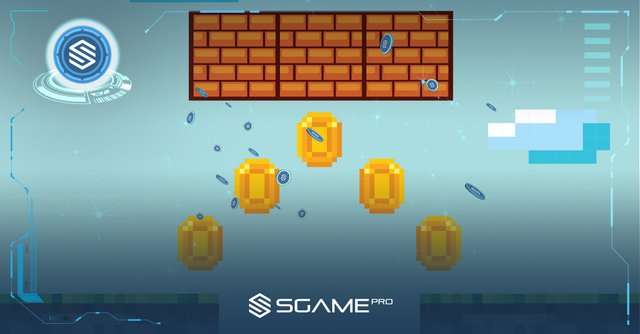
Over 47% of the 2.2 billion active gamers around the world, spend their cash buying in-game currencies and assets, generating close to $100 billion in game revenues in a year. These assets and currencies are highly valuable for online gamers, for varying reasons. Apart from helping them win games, virtual assets serve various purposes, including membership, class, status or identity. Whatever the reason, the demand for these assets has led to thriving in-game economies for some of the biggest names in the space.
But, there are problems that plague these in-game economies, making all the expenditure on them useless, to say the least.
Scams and Fraud
Valuable digital goods, integrated payment information and the lack of superior security features in online games have made them vulnerable to hackers and scammers. Proxy servers that are rented out by cloud services allow attackers to take up multiple fake identities across different geographical locations. They do something called “virtual currency arbitrage,” where a scammer purchases virtual goods in one location and sells them at a higher price in another location. The global in-app purchase fraud rate is high at 7.49,which means that 50%-99% of all virtual goods purchases made online are illegitimate. Online criminals have created a thriving underground market for virtual goods.
Can’t Trade Assets across Games
The current state of in-game asset trading is restricted. Goods that players purchase on one platform are useless elsewhere. There are not many ways in which these assets can be traded across different games and platforms. This problem of isolated in-game economies makes all that spending worthless.
Issues of Asset Ownership
Players can spend thousands of dollars to buy virtual assets and still have no real ownership over it because the system is centrally controlled by few big organisations that decide who gets what and where. There are third-party marketplaces that dominate over the developers, controlling games, virtual goods and currencies.
Rising Issues of Money Laundering Through Gaming Assets
It turns out that money laundering exists even in digital economies. There are no anti-money laundering policiesor any algorithms in place to detect strange behavior, in online games. Bad players are even targeting the free-to-play games that rely on micro-transactions, to escape the watchful eyes of regulatory bodies. Micro-transactions, unlike wire transfers, do not attract that much attention. A highly popular game, which has a huge player-base, would serve as an ideal camouflage from suspicious officials.
Players Have No Way to Cash Out
There is no way to cash out in the existing platforms. All the money and assets are trapped in the in-game denominations. So, when virtual goods go unused, they simply go waste. There is no way a player can be refunded their money.
These isolated markets can be brought together by one single universal token that could be traded between numerous games, used as in-game currencies and creating a single gaming economy. Sgame Pro™, a leading mobile game aggregator, is achieving this through their utility token, the SGM or Sgame coin.
The coin will be used to buy virtual goods across all games on their platform, which will negate the need to spend any fiat money. To learn more about their upcoming token sale, visit sgamepro.io and follow on Facebook, Twitter, Instagram and LinkedIn.